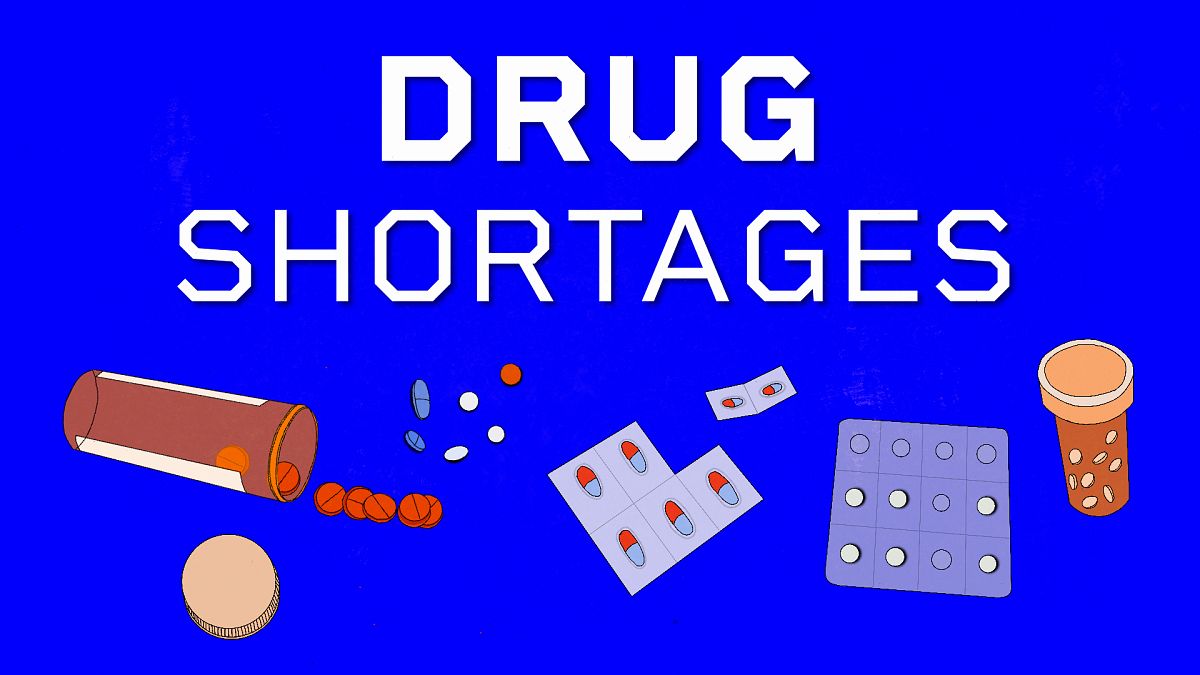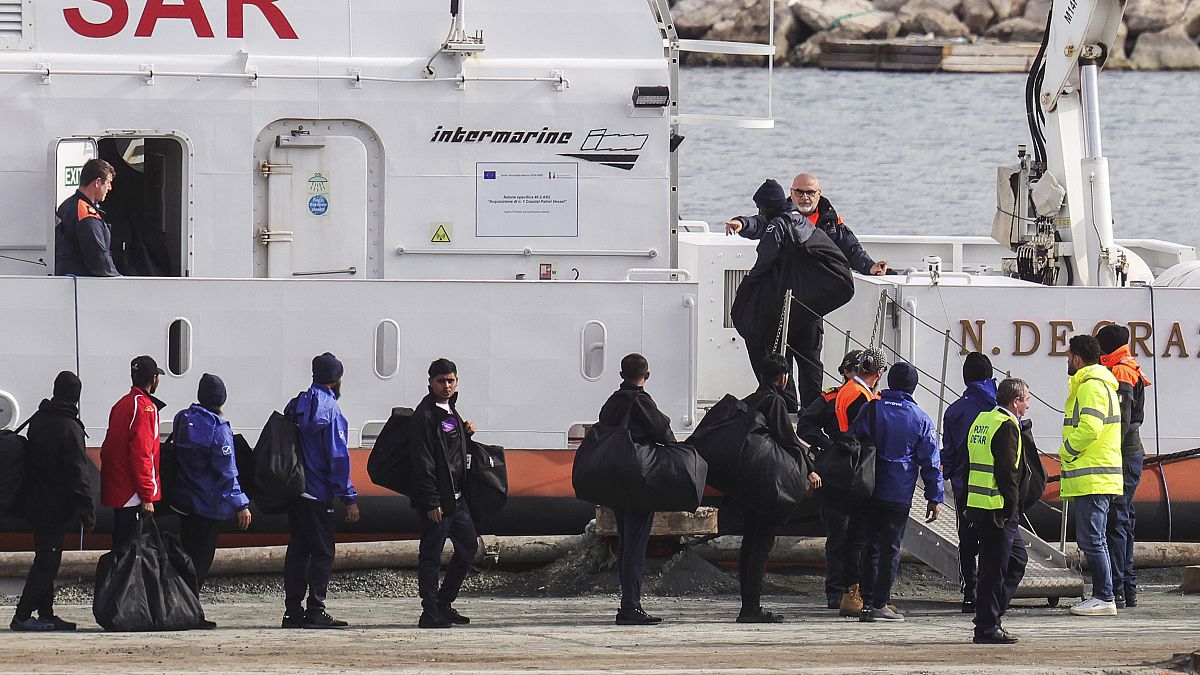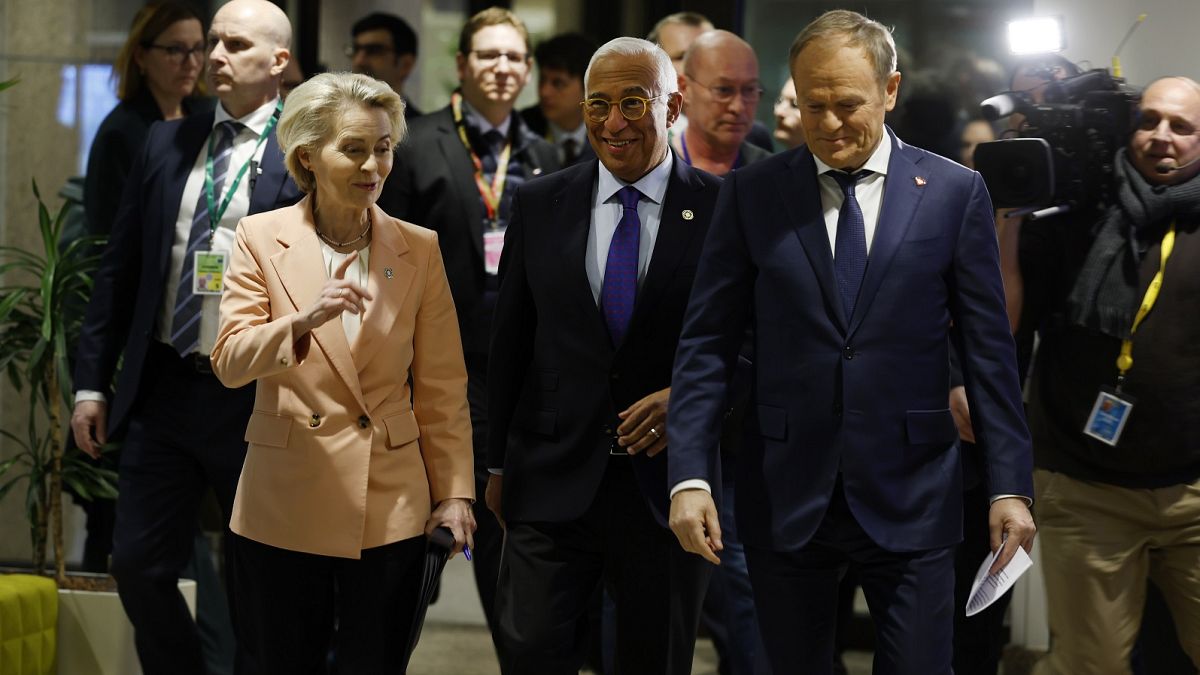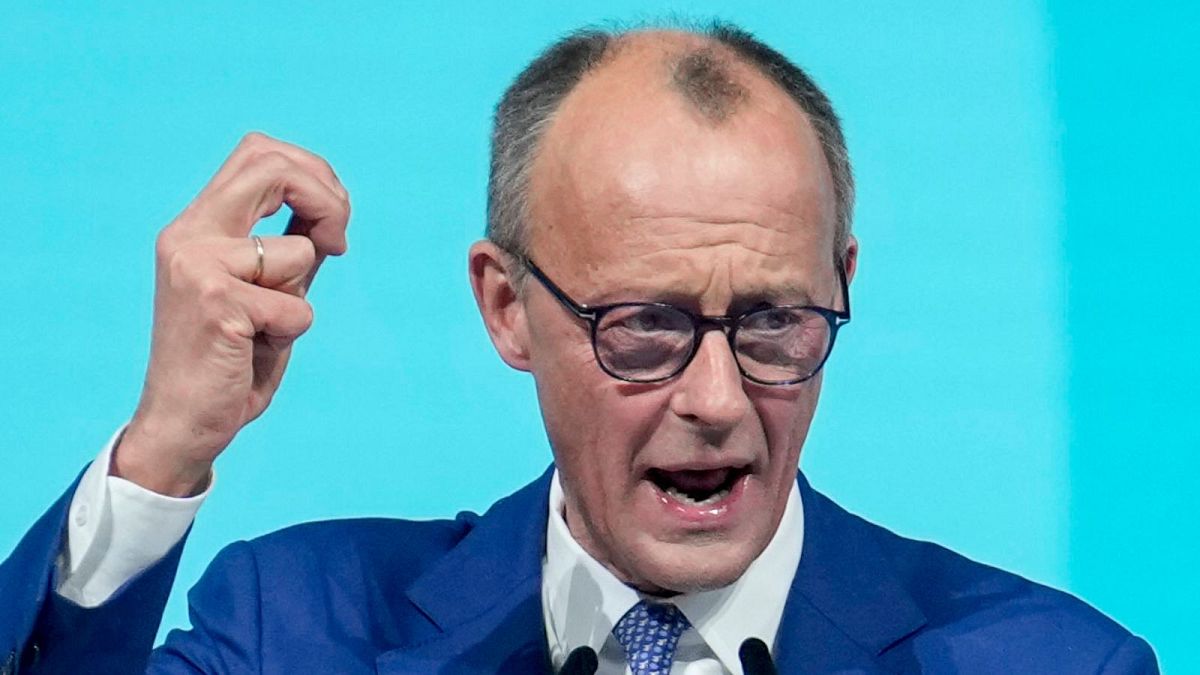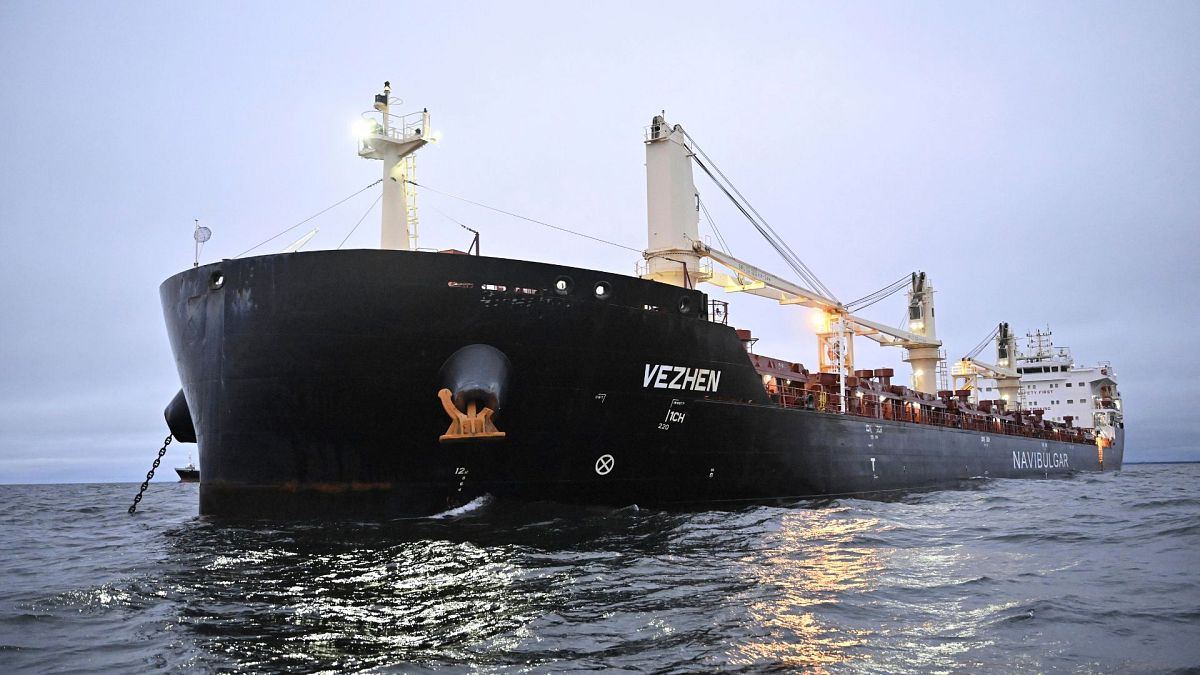Drug shortages are an old problem, but over the past few years they have hit record levels.
A consistent stream of supply issues has disrupted deliveries of vital medicines – from hormone replacement therapy and cancer chemotherapies to medicines used to treat the newest class of diabetes.
Some of those shortages are now subsiding, but others are more persistent.
That’s why on top of the EU health policy agenda is the Critical Medicines Act. It was announced as apriority of the new EU Commission, but then didn’t make it to the Commission’s to-do list until March 2025. But Gerardo Fortuna, who covers health policy for Euronews, says the act will likely see the light of day at some point during the year.
The act will aim to address shortages experienced during the COVID-19 crisis, EU production, distribution, stockpiling and joint procurement and a better cooperation between national administrations, pharma, civil society and the scientific community.
In plain language: it’s all about the availability of critical medicines before and during health crises.
We’re talking about essential medicines such as antibiotics, insulin and painkillers. But the list could easily be much longer.
Why do drug shortages happen? There are multiple reasons: geopolitical factors such as the COVID pandemic, the Ukraine-Russia war or Brexit; a sudden spike in demand, due to a rapid increase of a particular disease or a sudden drop in supply because of recalls or quality problems.
Whatever the reason for a shortage, it puts patients in a very uncomfortable position, as medicine supply issues can be frustrating and distressing.
And here’s why policymakers decided to act.
Leading the charge in favour of Critical Medicines Act on the EU level was Belgian Public Health Minister Frank Vandenbroucke. What triggered the political initiative was the Covid-19 experience, “one of the worst shortages we ever had”, he told Euronews. “And so, indeed, we called for an EU initiative in May 2023, and 23 EU member states joined us – which shows that this was a structural problem present everywhere.”
The new legislation should focus on those medicines vulnerable to shortages and where there supply chain problems, says Vandenbroucke, adding: “That means that you have to screen critical medicines, to examine the vulnerabilities.”
European countries should also “try to help each other and not try to make lives of other members more difficult”, Vandenbroucke says. “You should be cautious with national stockpiling – when one member state tries to protect itself by a national stockpile, that may be causing a problem for other member states. And so, coordination of how you go about national stockpiles and national protective measures is very important.”
Finally, the Critical Medicines Act should tackle dependency on other countries. Right now, 70% to 80% of Europe’s pharmaceuticals depend on production in countries like China and India, Vandenbroucke said. That’s why the EU should diversify its international partnerships.
The Critical Medicines Act will be designed to come as close to this goal as possible – to the benefit of millions of patients in Europe.
Journalist: Stefan Grobe
Content production: Pilar Montero López
Video production: Zacharia Vigneron
Graphism: Loredana Dumitru
Editorial coordination: Ana Lázaro Bosch and Jeremy Fleming-Jones






